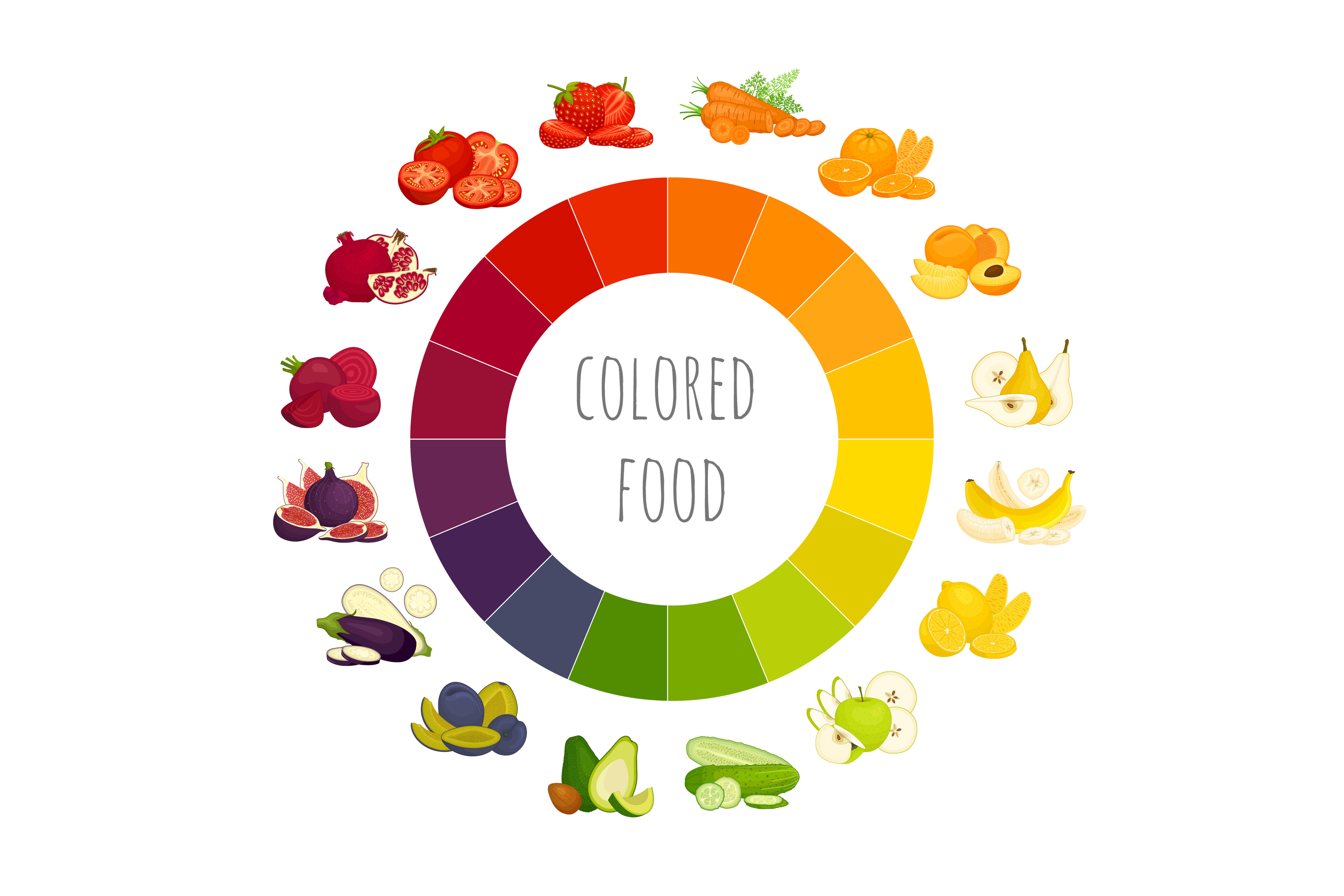Asthma nutrition is extremely personal. Foods that may improve one person’s asthma, may result in worsening of symptoms for another. As asthma is often associated with allergies or sensitivities, it is best to seek professional advice from a qualified practitioner to develop a nutrition plan that is specific for you and your symptoms.
In the meantime here are 3 dietary tips to get you started toward improving yours and your family’s respiratory health.
Increase your Omega 3 intake
As asthma is an inflammatory condition, we need to include foods in our diet that reduce inflammation in the body such as Omega 3s. The two Omega 3s that are important in asthma are EPA and DHA. Good sources of omega 3’s include oily fish like sardines, salmon, mackerel and kahawai. The smaller the fish, the better! This is because the lower down the food chain the fish are, the lower they are in heavy metals such as mercury. This is a particularly important consideration for our children as they have less capacity than adults to detoxify heavy metals. Shellfish such as mussels and oysters are also good sources of Omega 3s.
Plant based sources of Omega 3’s such as nuts and seeds don’t contain EPA and DHA. This means that vegetarians and vegans can become deficient in omega 3s quite easily and often require supplementation.

Fact: Children who regularly eat fish have a lower risk of developing asthma, and may experience fewer attacks.
Eat the Rainbow
A diet that incorporates a colourful range of fruits and vegetables is beneficial for asthma on so many levels.
Fruits and vegetables are a great source of antioxidants. Antioxidants are needed to combat the damaging effects that free radicals (think cigarette smoke, air pollution, pollens) can have on the cells in our airways. Free radicals cause inflammation and tightening in the airways, leading to the symptoms of asthma. Along with being direct sources of antioxidants, fruit and vege also contain phytochemicals which trigger our body to produce a huge amount of antioxidants itself!
A specific phytochemical called quercetin has been shown to inhibit histamine release from special cells of our immune system. Histamine is the main chemical in the body responsible for the symptoms of allergic asthma. Cherry tomatoes, onions, kale and blueberries are all great sources of quercetin.
Reduce sugar intake to improve immune function
Colds and flus are triggers for most people with asthma. Building up our immune system to prevent ourselves from getting colds and flus is a worthwhile thing to do,
especially during the winter months. One significant thing we can do to increase the function of our immune system is to limit our consumption of sugar and refined carbohydrates.
Sugar reduces the function of some of our immune cells that guard us from foreign invaders such as viruses. It basically makes these defence cells lethargic and work at a slower pace. When these “guard” cells are working slowly, invaders such as viruses can enter the body and cause infections such as colds and flus which trigger asthma symptoms.
Sugar and refined carbohydrates are hidden is many packaged foods that are sometimes even marketed as healthy. Eating wholefoods that reduces packaged snacks will dramatically reduce your family’s sugar intake and help to improve immune function.
Zoe Hunt
Zoe is a naturopath, pharmacist and medical herbalist from Auckland, New Zealand.

At Sage & Well, we aim to identify the root cause and treat it holistically using nutrition, oral and topical natural medicines & lifestyle medicine. The treatment is entirely customised for the individual as what suits one person may not suit another. If you've been looking for a natural alternative, Book an appointment and get started on your journey today.
